Yellen warns US debt default would trigger global economic crisis
US Treasury Secretary Janet Yellen has called on Congress to raise the $31.4 trillion federal debt limit and avert an unprecedented default that would trigger a global economic crisis.
Yellen issued the stark warning in remarks prepared for a press conference ahead of a meeting on Thursday in Japan with her counterparts from the Group of Seven (G7) wealthy nations -- which are the US, Japan, Germany, Britain, France, Italy and Canada -- as well as India, Indonesia and Brazil, Reuters reported.
“A default would threaten the gains that we’ve worked so hard to make over the past few years in our pandemic recovery. And it would spark a global downturn that would set us back much further,” she said.
“It would also risk undermining US global economic leadership and raise questions about our ability to defend our national security interests,” Yellen added.
To avoid a default, Congress would have to lift the debt ceiling, but Republicans who control the House of Representatives are demanding spending cuts to do so.
US President Joe Biden on Wednesday said failure by Congress to act before the Treasury runs out of money to pay the government's bills, risked throwing the US economy into a recession.
The United States hit its borrowing limit on January 19. Treasury Secretary on May 2 warned that the US may run out of money as early as June 1, if Congress fails to raise or suspend the debt limit.
As Biden and congressional leaders are in a high-stakes standoff over the debt limit, experts warn it would be catastrophic if leaders do not reach an agreement in time – and launch the economy into chaos.
“Worry about the deadlock has amplified in the past few days as the so-called X-date – when the Treasury would run out of money to pay its bills – has moved up from mid-August to as early as June 1 on account of low tax collections in April,” Bernard Yaros, assistant director at Moody’s Analytics said.
If the Treasury can limp along until mid-June, Yaros said, it will have a “surge” in tax receipts from businesses and individuals and close to $150bn in new extraordinary measures that will help it keep money flowing through late July or even early August.
While the US is struggling with these economic issues, it is also facing the prospect of de-dollarization, which is gaining momentum since many countries are queuing up to join forces and wean their respective economies off the US dollar.
Analysts say if the bill is further delayed, what is left of US credit and trust will be lost, and the already fragile US economy will fall into an endless abyss.
VIDEO | Press TV's news headlines
Longest held Palestinian prisoner released by Israel
Iran condemns Israel’s military threats
VIDEO | Pakistan, Iran strengthen trade ties with $10 billion target
VIDEO | What conditions faced by Palestinian prisoners?
Israel carried out mass killing of own people under ‘Hannibal Directive’: Military probe
VIDEO | Telecommunications down in Gaza due to Israeli curbs delaying repairs
Egypt: Hamas-Israel negotiations on next phase of ceasefire begin


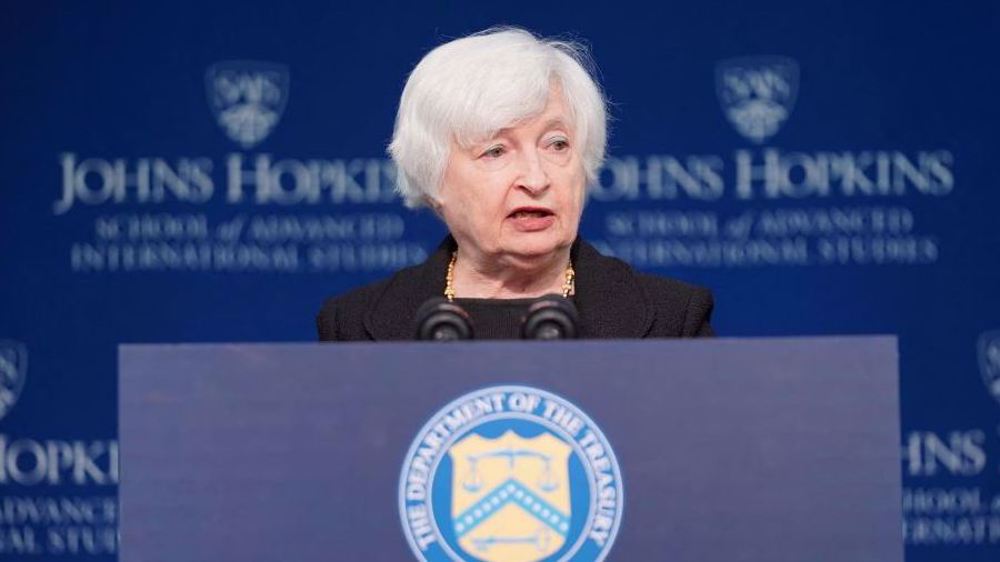
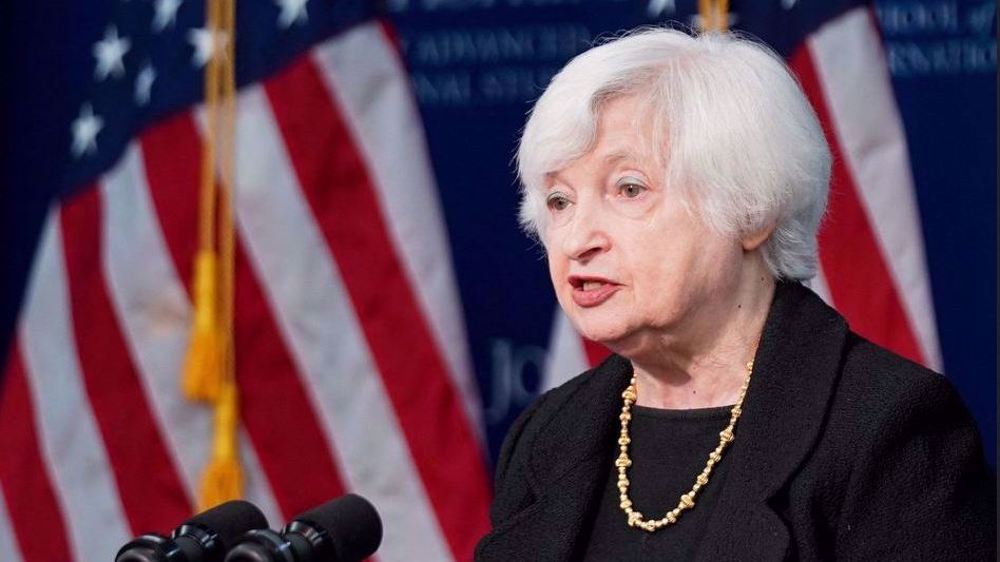






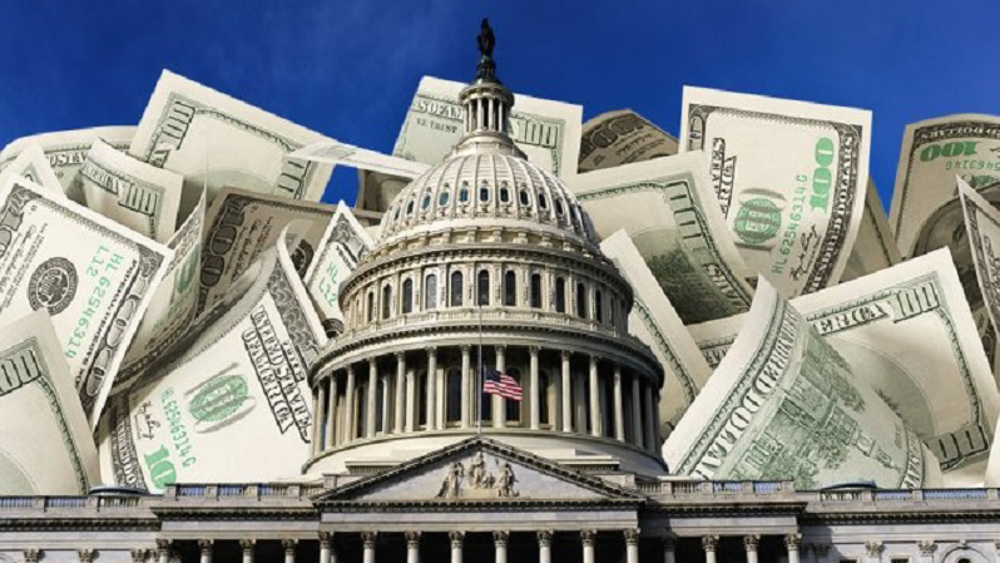
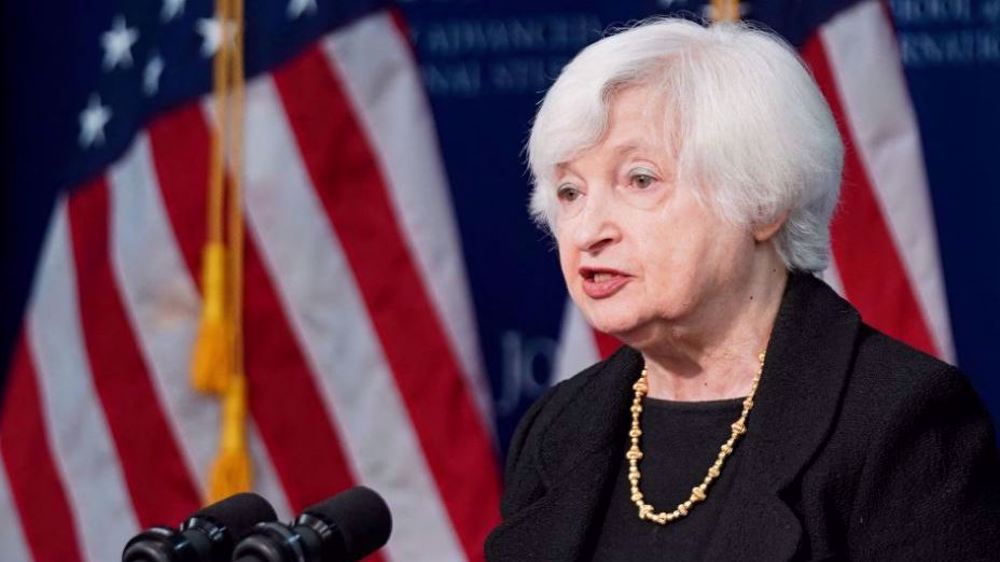
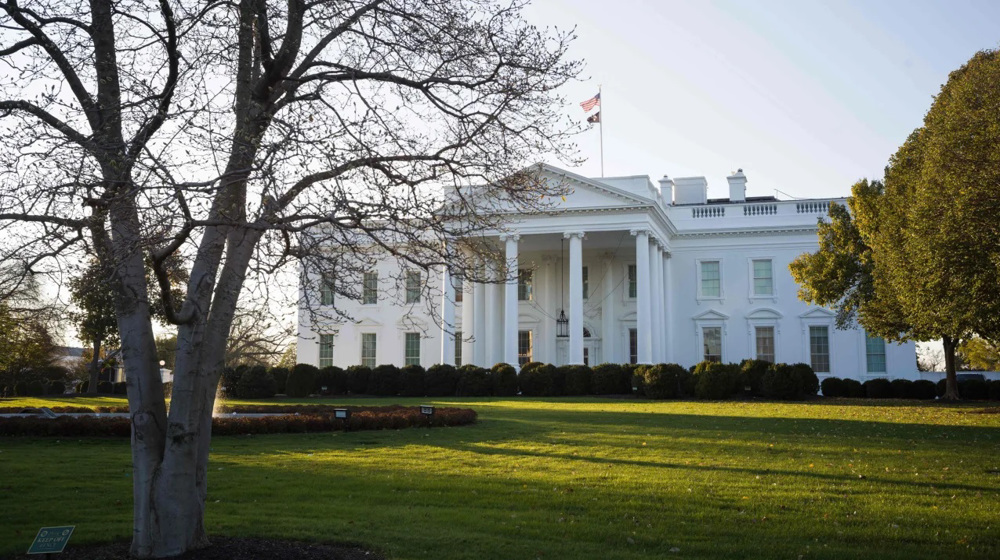
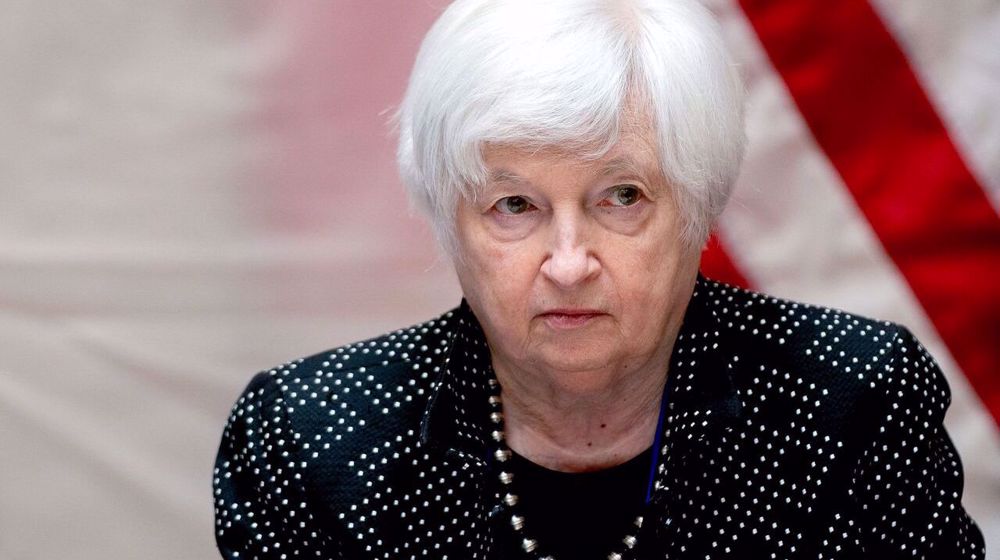

 This makes it easy to access the Press TV website
This makes it easy to access the Press TV website